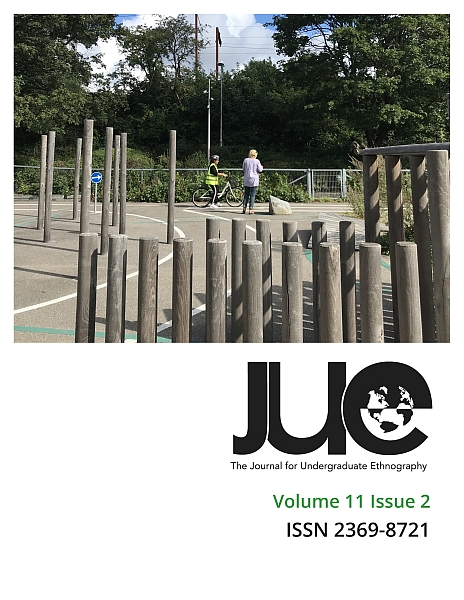The Temporality of Identity in Planned Cities: A Case Study of Zhong Xing New Village, Taiwan
DOI:
https://doi.org/10.15273/jue.v11i2.11037Ключевые слова:
national identity and imagination, politics and space, post-war Taiwan and China, garden citiesАннотация
In 1957, the Kuomintang (KMT), Chiang Kai-Shek‘s nationalist government, planned and built Zhong Xing New Village (ZXNV), a garden city, to house the Taiwan Provincial Government. Despite the benefits of public housing, healthcare, and education, ZXNV experienced a two-third drop in population after 1985. The political liberalization and democratization of Taiwan in the 1980s and 1990s led to the reclamation of Taiwanese national identity that rejected the hegemony of the KMT and the physical manifestations of this colonial history, including ZXNV. ZXNV was a utopian ideal constructed during a time of authoritarian rule for a specific political purpose and homogenous population. ZXNV‘s inability to change its purpose and identity led to its ultimate depopulation. Ethnographic fieldwork reveals the changes in ZXNV‘s built environment and neighborhood culture influenced by socio-political transformations over the last sixty years. Fourteen interviews were conducted with two generations of ZXNV residents, and archival research reveals the intended design and policies of the city. Key findings include the structural flaws in the city‘s design, the exposure of political tensions between the national and provincial governments, and the changing national identity of Taiwan due to globalization, all of which led to the ultimate downfall of Zhong Xing New Village.


